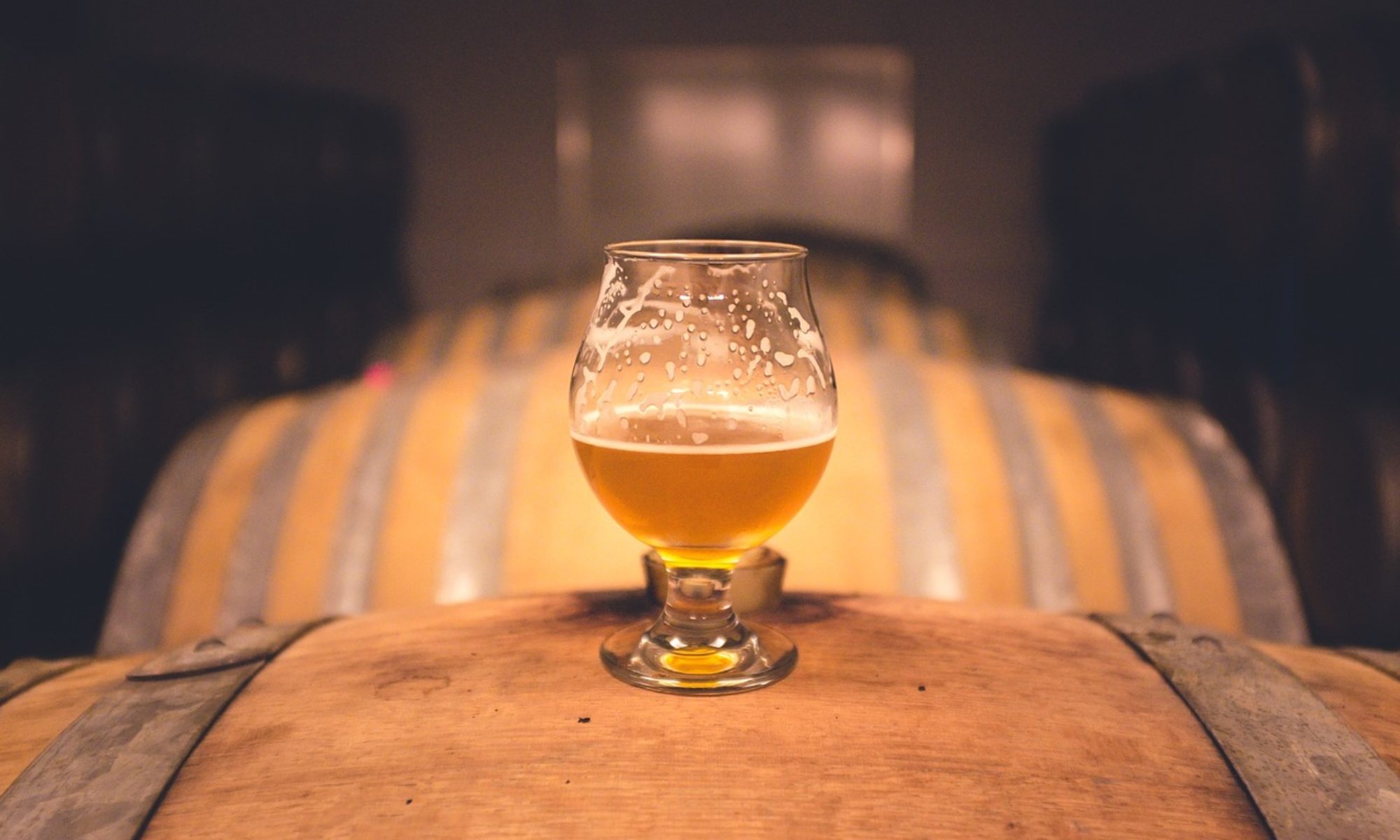BrewPi Remix is a fermentation temperature controller that can monitor and regulate your beer or wine fermentation with 0.1°C precision. It runs on a Raspberry Pi and a microcontroller; currently, an Arduino Uno or an ESP8266. BrewPi Remix offers precise temperature control, data logging, a web interface, and graphs in your browser. All the software is open source.

The Raspberry Pi is a credit card-sized computer that runs Linux. In BrewPi Remix, it runs the webserver and a python script to log data and manage settings. The Arduino and the ESP8266 are microcontroller boards that read the temperature sensors and activates the heating and cooling to control the temperature. You may also use an LCD and knob to display and change settings independent of the web interface.
The controller runs the temperature control algorithm autonomously. If you do not care about data logging, it can control your beer without the Raspberry Pi. The controller is very stable: if the Raspberry Pi crashes, the controller will keep your brew temperature precisely at the setpoint.
The Raspberry Pi runs a local web server that provides an interface to change settings, view brewing data, and configure your controller. The web interface shows interactive graphs of your current brew or previous brews. You can quickly start a new run, view what the control algorithm is doing, check the logs, load or save temperature profiles, edit the active profile, etc.
Instead of just heating when the beer is too cold and cooling when the beer is too warm, BrewPi Remix calculates what the fridge temperature should be to keep your beer temperature in check. This predictive adjustment prevents wide fluctuations in the beer temperature. It’s like cruise control for your fermentation.
With BrewPi Remix, you have much more control than just keeping a constant beer temperature: you can define a temperature profile over time. An example of what you can do with a temperature profile:
- You start at 20°C for 36 hours, right in the middle of the temperature range for your yeast to make it easy for them to start up and multiply.
- After 36 hours, when your beer is bubbling well, drop the temperature to reduce ester formation with a setting of 17°C for three days.
- You decide to keep the beer at 17°C for three days, but the fermentation slows down.
- Yeast is more active at higher temperatures, so you slowly raise it to 22°C over five days: as the yeast consumes more complex sugars, it can do this at a higher temperature.
- After reaching 22°C, you keep it at that temp for two days for a diacetyl rest, before cold crashing at 3°C.
Using temperature profiles, you can do gradual temperature changes. Yeast is sensitive to sudden temperature changes: a sudden drop in temperature can cause them to drop out of suspension because they need time to adapt to a new set point.
BrewPi Remix also supports cutting-edge brewing technology, including:
Finally, I would like to thank Elco Jacobs (@elkoe) for having the vision to create BrewPi originally, and for making it open source so that the community could continue working with it after he moved on to new projects.

